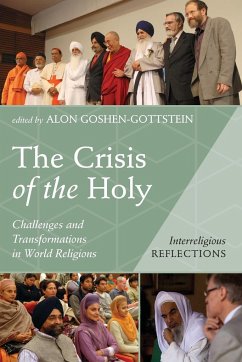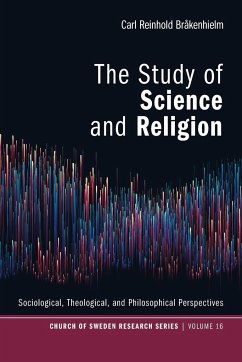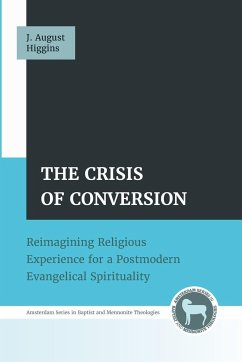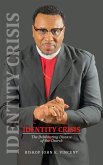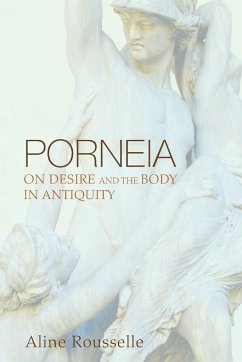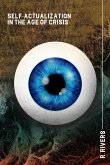All the world's religions are experiencing rapid change due to a confluence of social and economic global forces. Factors such as the pervasive intrusion of globalizing political and economic developments, polarized and morally equivalent presentations seen in the media, and the sense of surety demanded in and promised by a culture dominated by science are some of the factors that have placed extreme pressure on all religious traditions. This has stimulated unprecedented responses by religious groups, ranging from fundamentalism to the syncretistic search for meaning. As religion takes on new forms, the balance between individual and community is disrupted and reconfigured. Religions often lose the capacity to recall their ultimate purpose or lead their adherents toward it. This is the situation we call ""the crisis of the holy."" It is a confluence of threats, challenges, and opportunities for all religions. This volume explores the contours of pressures, changes, and transformations and reflects on how all our religions are changing. By identifying commonalities across religions as they respond to these pressures, The Crisis of the Holy recommends ways religious traditions might cope with these changes and how they might join forces in doing so. Contributors: Vincent J. Cornell, Alon Goshen-Gottstein, Sidney H. Griffith, Maria Reis Habito, B. Barry Levy, Deepak Sarma, Michael von Bruck
Hinweis: Dieser Artikel kann nur an eine deutsche Lieferadresse ausgeliefert werden.
Hinweis: Dieser Artikel kann nur an eine deutsche Lieferadresse ausgeliefert werden.

